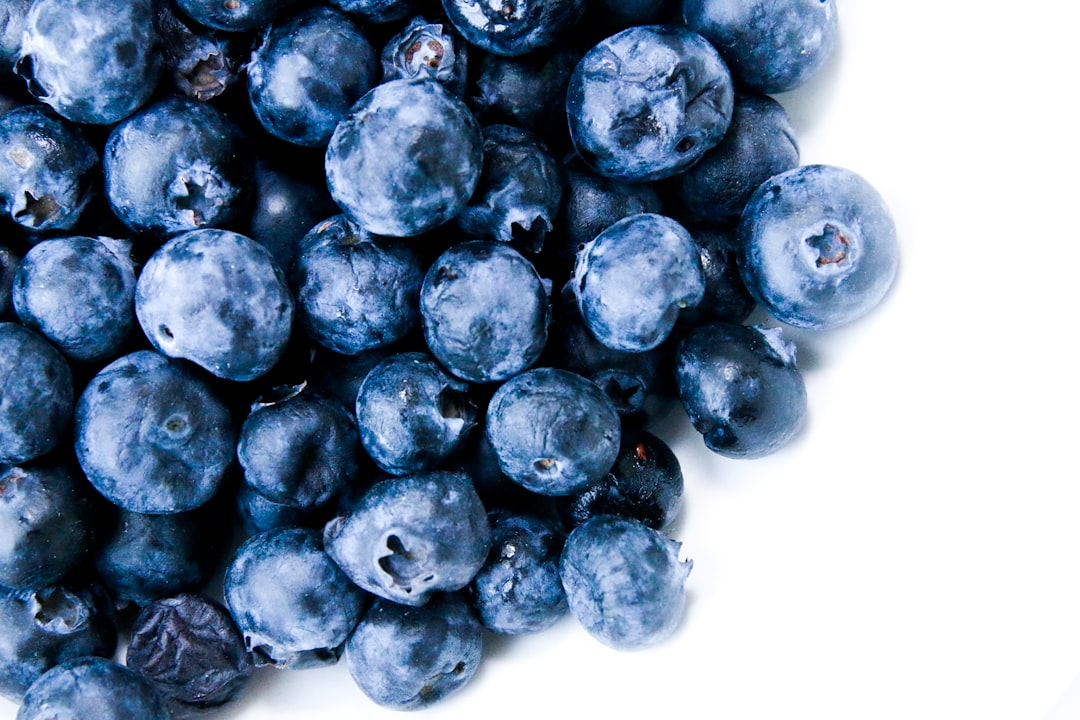What is it about?
The cap‐binding protein eIF4E, through its interaction with eIF4G, constitutes the core of the eIF4F complex, which plays a key role in the circularization of mRNAs and their subsequent cap‐dependent translation. In addition to its fundamental role in mRNA translation initiation, other functions have been described or suggested for eIF4E, including acting as a proviral factor and participating in sexual development. We used CRISPR/Cas9 genome editing to generate melon eif4e knockout mutant lines. Editing worked efficiently in melon, as we obtained transformed plants with a single‐nucleotide deletion in homozygosis in the first eIF4E exon already in a T0 generation. Edited and non‐transgenic plants of a segregating F2 generation were inoculated with Moroccan watermelon mosaic virus (MWMV); homozygous mutant plants showed virus resistance, while heterozygous and non‐mutant plants were infected, in agreement with our previous results with plants silenced in eIF4E. Interestingly, all homozygous edited plants of the T0 and F2 generations showed a male sterility phenotype, while crossing with wild‐type plants restored fertility, displaying a perfect correlation between the segregation of the male sterility phenotype and the segregation of the eif4e mutation. Morphological comparative analysis of melon male flowers along consecutive developmental stages showed postmeiotic abnormal development for both microsporocytes and tapetum, with clear differences in the timing of tapetum degradation in the mutant versus wild‐type. An RNA‐Seq analysis identified critical genes in pollen development that were down‐regulated in flowers of eif4e/eif4e plants, and suggested that eIF4E‐specific mRNA translation initiation is a limiting factor for male gametes formation in melon.
Featured Image

Photo by CDC on Unsplash
Why is it important?
Here, we report CRISPR/Cas9 targeted eIF4E knockout in melon to attain virus resistance, and we describe, for the first time, the association between eIF4E editing and the development of male sterility in melon. Non‐transgenic, F2 generation homozygous plants harbouring a one base deletion in the eIF4E gene were inoculated with Moroccan watermelon mosaic virus (MWMV), and exhibited virus resistance compared with the susceptible heterozygous and non‐mutant F2 plants. Moreover, T0 and F2 homozygous mutant plants showed a male sterility phenotype as compared with the fertile heterozygous and non‐mutant F2 plants, displaying a perfect correlation between the segregation of the male sterility phenotype and the segregation of the eIF4E mutation. Microscopy and RNA‐Seq analyses were carried out to describe and better understand the male sterility phenotype observed in association with eIF4E knockout.
Read the Original
This page is a summary of: Editing melon
eIF4E
associates with virus resistance and male sterility, Plant Biotechnology Journal, July 2022, Wiley,
DOI: 10.1111/pbi.13885.
You can read the full text:
Contributors
The following have contributed to this page










